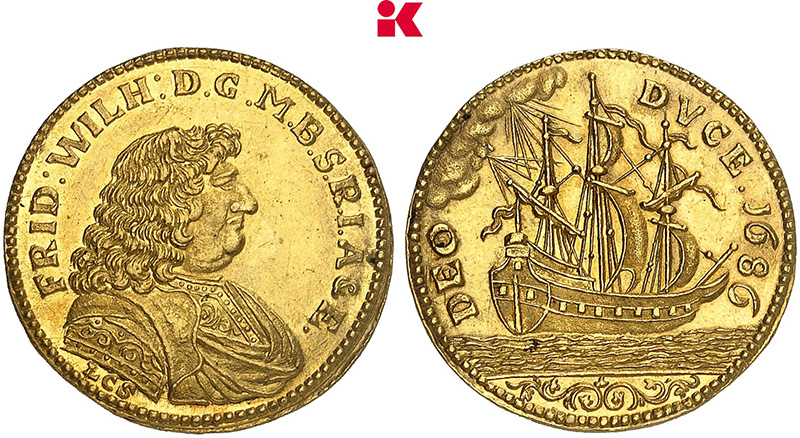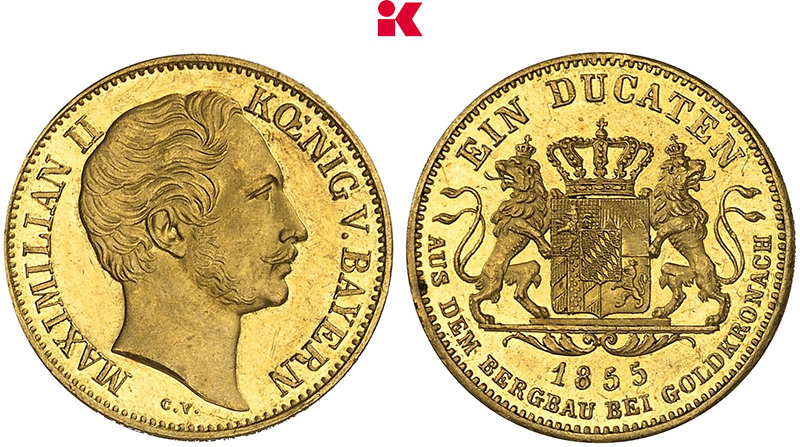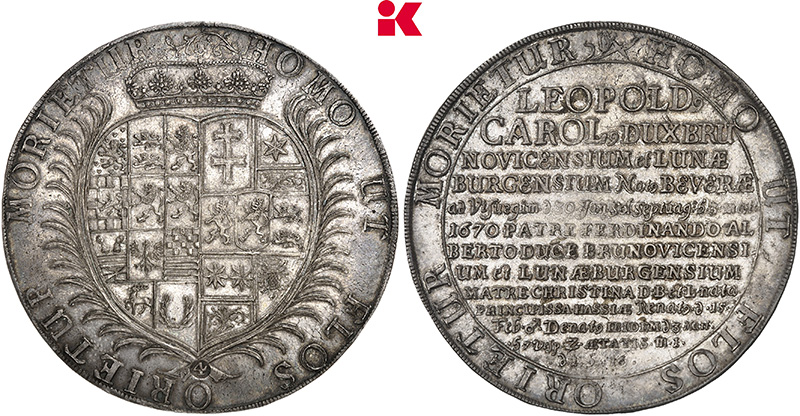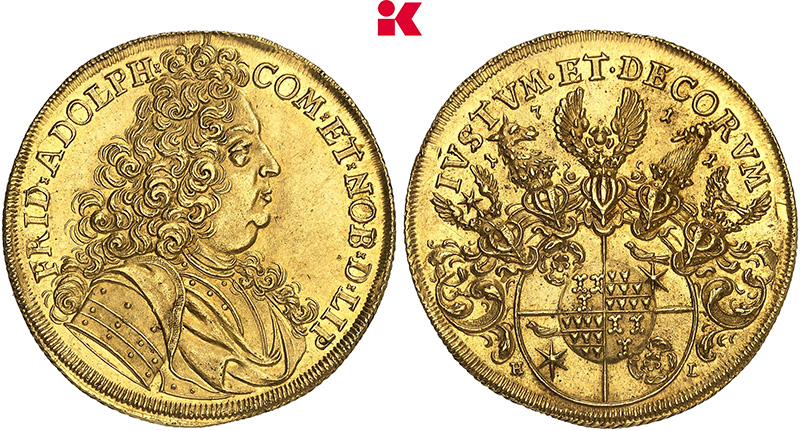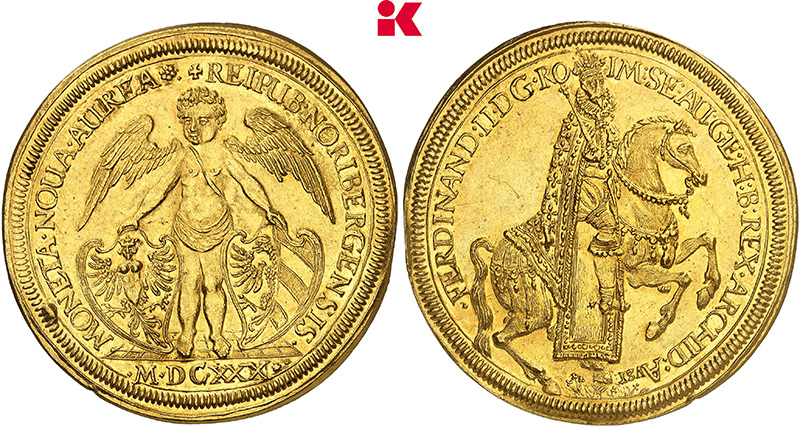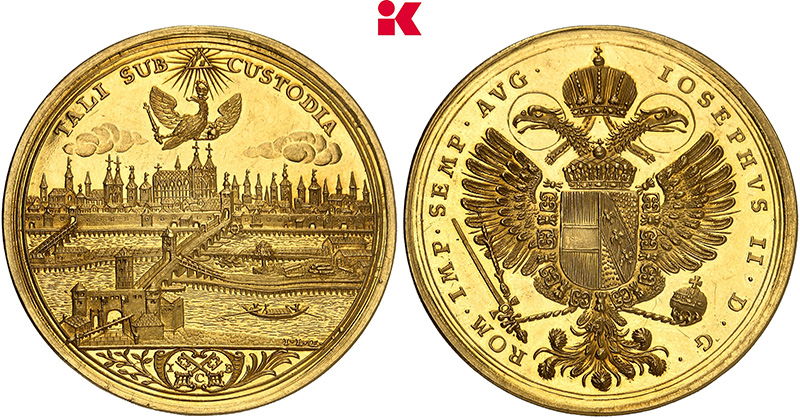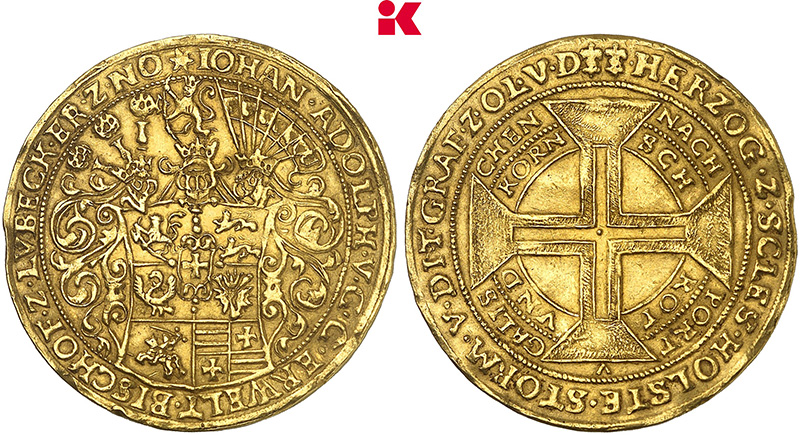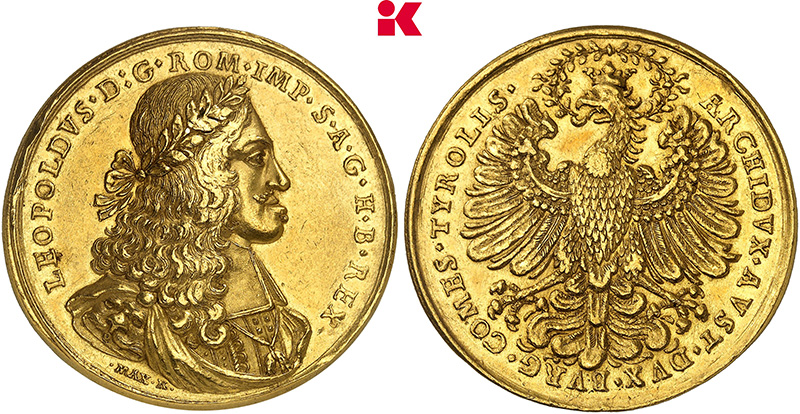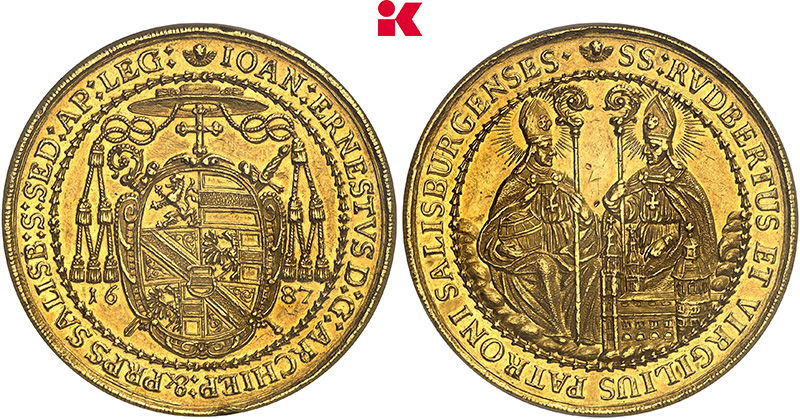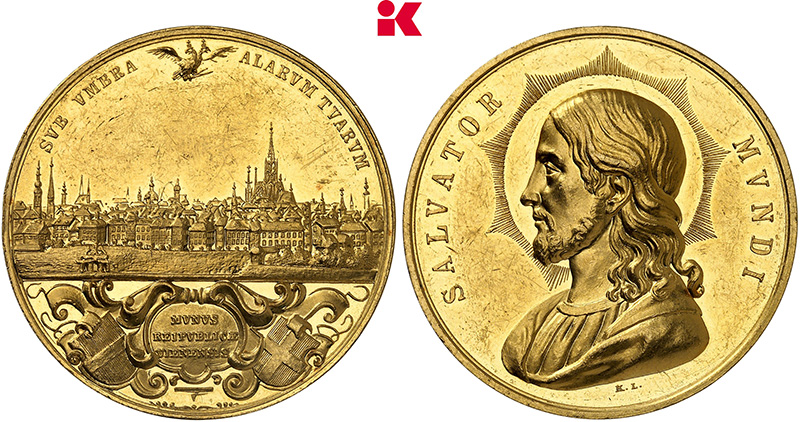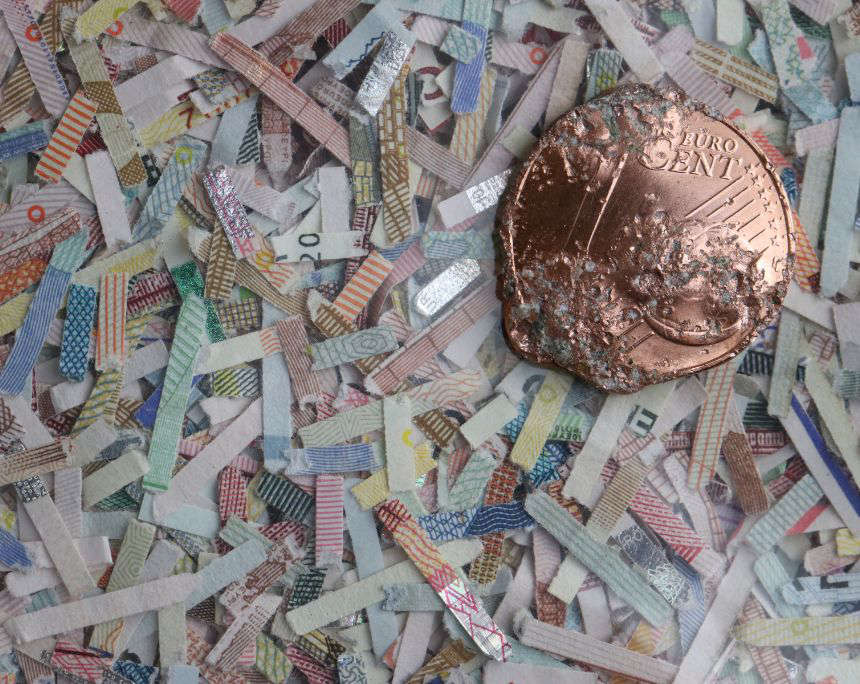Social Organisations and Bundesbank Advocate for Cash
By Sebastian Wieschowski
With the phasing out of the €500 note on one hand and the preparations for the introduction of a digital euro on the other, some people fear the gradual disappearance of cash, especially as the growing popularity of digital payments via card or smartphone is visibly changing shopping habits in Germany.
Content
In other countries, such as Austria, public institutions like the National Bank, in collaboration with the Austrian Mint, have launched campaigns to preserve cash. Now, prominent voices in Germany are speaking up: Social organisations and the Bundesbank have jointly emphasised the importance of cash in a position paper, calling for its preservation in the future. This demand is particularly crucial for socially vulnerable groups and as a safeguard against digital fraud.
A Life Without Coins and Notes – Unthinkable for Social Organisations
In many everyday situations, from grocery shopping to hiring tradespeople, cashless payments have become the norm. In light of this development, social organisations, including the Social Association of Germany (SoVD) and the German Federation of the Blind and Partially Sighted, alongside the Bundesbank, have advocated for the continued availability of cash. They argue that a cashless society poses significant risks. Cash, they assert, ensures independence from technical systems and protects against digital fraud.
Michaela Engelmeier, Chairwoman of the SoVD, highlights the indispensable role that cash plays in the daily lives of many people. Cash not only provides a simple means to keep track of personal finances, but also offers protection against the risks associated with digital payment methods. The ability to physically count money allows people to maintain control over their spending, which is especially important in precarious financial situations.
A Flea Market Without Cash?
Furthermore, the organisations stress the social function of cash. In many areas of social life – such as flea markets, charity shops, or community fundraisers – cash remains the preferred method of payment. It facilitates straightforward transactions without additional costs, which is particularly important in low-threshold social contexts. Cash also plays a crucial role in donations, especially for homeless people.
In light of these arguments, Engelmeier makes a clear appeal to policymakers: Cash is an indispensable tool for social inclusion and must remain freely accessible in the future. For vulnerable groups, who may not have access to digital payment methods, cash is a vital safeguard against financial risks.
Cash Remains the Dominant Payment Method in Germany
Despite the increasing prevalence of digital payment methods, cash continues to be the dominant form of payment in Germany. According to Bundesbank data, 51 percent of all purchases are still made with cash, underscoring the ongoing significance of cash in German society.
However, concerns about cash use remain, particularly regarding money laundering, drug trafficking, and corruption. There is ongoing debate about limiting cash transactions for larger amounts. The European Union is therefore planning a cap on cash transactions over €10,000 to better trace criminal activities. Critics, however, warn that such regulations could be easily circumvented through alternative means such as precious metals or cryptocurrencies.







